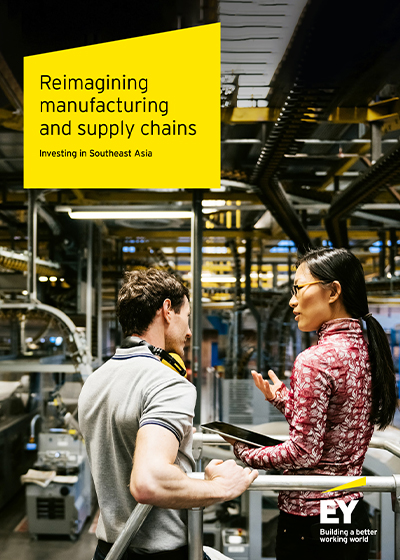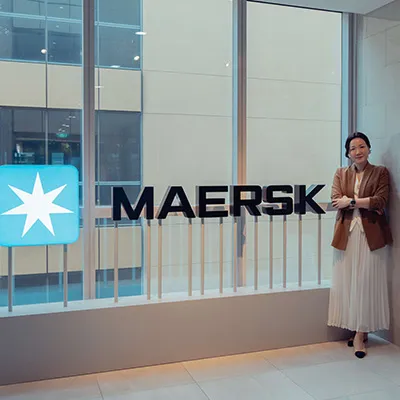Soitec’s new investment in the Republic comes amid the ongoing global chip shortage that was triggered by the Covid-19 pandemic and later exacerbated by supply chain woes.
Meanwhile, the demand for high-tech products has only accelerated, whether it’s 5G or power-efficient automotives.
“The world is becoming more intelligent,” said Boudre, noting that the demand for more electronics and connected devices makes semiconductors “indispensable”.
The investment would allow Soitec’s Singapore operations to produce up to 2 million 300mm silicon-on-insulator (SOI) wafers by 2026, double the capacity originally projected a year ago. It also means that two-thirds of these wafers produced by the company will be made in Singapore.
“It’s a huge acceleration - we basically moved ahead (with this decision) by one year...because we now have a much better understanding and visibility from end customers,” Boudre said. This follows long-term contracts that the company has inked with customers who are looking to raise capacity.
In turn, these contracts help Soitec side-step any disruption to supply. He explained: “Since our customers are giving us very good visibility with solid contracts, we can also provide visibility to our suppliers. We have been able to stay in good shape in terms of being able to serve our customers,” he said.
“But what is true is that there is still a shortage overall,” he admitted.
A majority of the company’s raw materials comes from Asia, including Japan and Korea, whereas its equipment is largely from Europe, the United States and Japan.
Fortunately for Soitec, its production process does not involve the rare gases that Ukraine is a major supplier of, which means the Russia-Ukraine war has had limited impact on the company, said Boudre.
Still, with much uncertainty these days surrounding cost and supply, having some form of a flexibility clause, even in long-term contracts, is “very important”, said Boudre.
The company has priced in rising labour costs and inflation with “conservative numbers”, with the assumption that the macroeconomic environment does not throw up new surprises.
“We have included the opportunity to re-discuss things in our long-term contracts with customers. If it totally goes south, we need to reopen and re-discuss, and this is something that we have now put in place in all our contracts.”
Asked if Covid-19 remains a risk for the industry, Boudre instead offered a sanguine view - that the coronavirus essentially helped to accelerate innovation and propel the growth of semiconductors, and the chip shortage is merely a manifestation of that.
“Covid-19 is giving the semiconductor world the opportunity to grow much faster than what we were expecting,” said Boudre.
This is why the value of the semiconductor industry is set to double to more than US$1 trillion by 2030, he noted. In other words, it is expected to achieve the same amount of growth in the next 7 years as what it achieved over the last 30 years.
“Everything that we have done over 30 years, we need to accelerate it and do it in 7 years,” said Boudre, noting that it is a challenge in terms of capacity, resources, people and logistics.
“It takes time and this is why we are still struggling to serve all the market at the right level,” he said, adding that it is unlikely for the global chip shortage to be resolved within the next 2 years.









